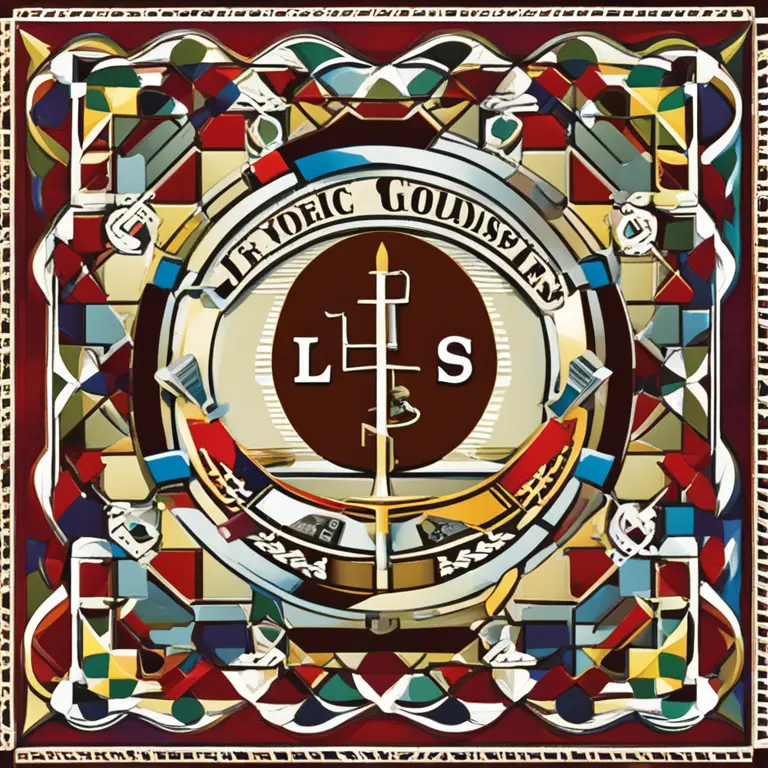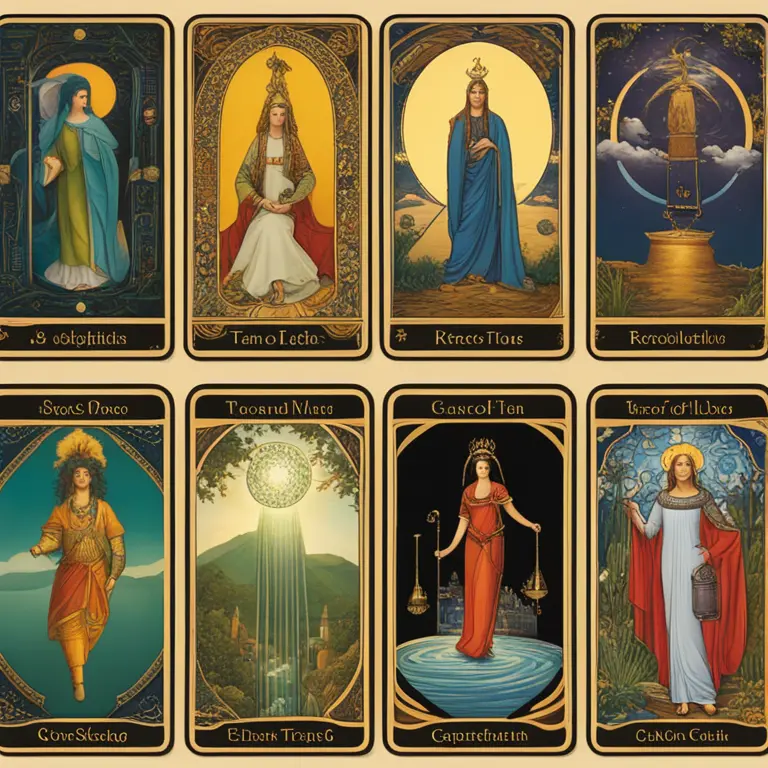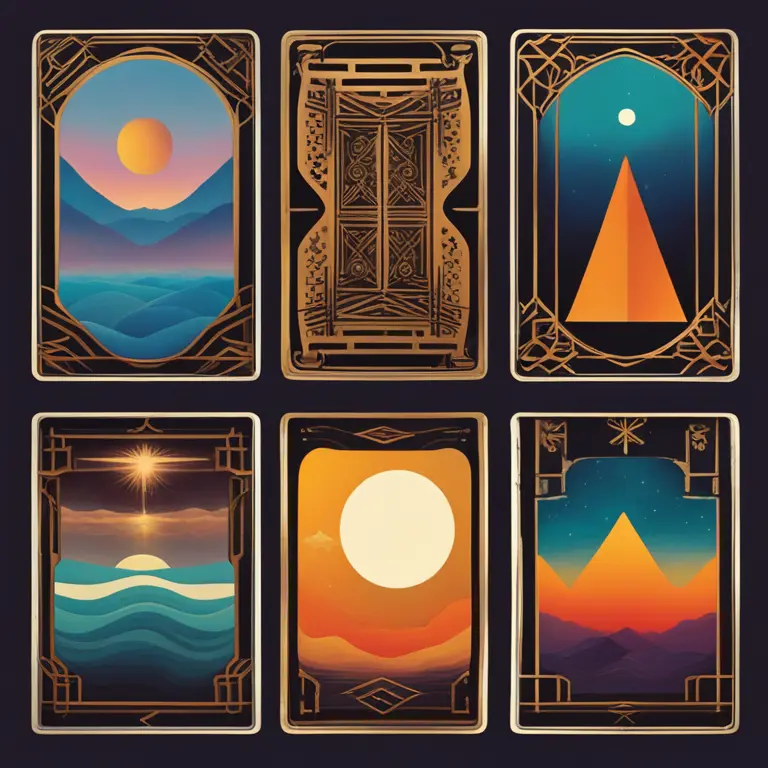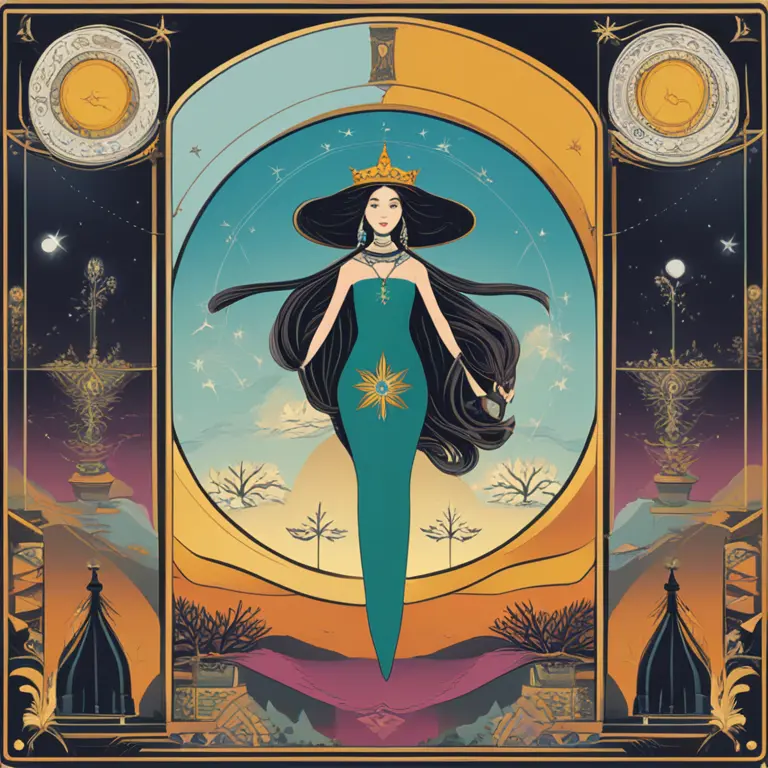
The Essence of Tarot
Tarot has woven itself into the fabric of spiritual exploration and personal growth, transcending its origins as a card game from the 15th century to become a key tool in understanding the complexities of the human psyche and the uncertainties of life. In the modern context, tarot offers a symbolic language through which we can reflect on our lives, decision-making, and the mysteries of our individual journeys. This transformative medium extends beyond mere fortune telling, presenting itself as a mirror to the soul that encourages introspection and uncovered wisdom.

Guidance for Life's Crossroads
One of the primary reasons tarot is valued in contemporary society is its perceived ability to provide guidance when we face life's inevitable crossroads. As individuals seek clarity and direction, the tarot serves as a source of inspiration, presenting potentials and possibilities through its imagery and symbolism. It isn't in the cards to make decisions for us, but rather, they illuminate paths that may not have been immediately apparent, allowing us to navigate life's complexities with deeper insight.

Spiritual and Emotional Growth
Tarot is not just a means of foreseeing the future; it is an instrument for personal evolution. Through the act of reading tarot, individuals engage with archetypes and scenarios that reflect their inner world and external circumstances. This ritual can catalyze significant spiritual and emotional growth, encouraging users to confront their fears, acknowledge their desires, and validate their experiences, thereby fostering a profound journey of self-discovery.

Connection to the Subconscious
The imagery and symbolism inherent in tarot decks are powerful tools for connecting with the subconscious mind. Each card's depiction can trigger intuitive insights and harness the wisdom that lies beneath our conscious awareness. In a society eagerly embracing mindfulness and psychological insights, tarot offers a bridge to inner landscapes, tapping into the deeper currents of our psyche which can be instrumental in personal development and healing processes.

A Mirror to our Relationships
Tarot readings often serve to reflect and examine the dynamics of our personal relationships. Not only does it explore romantic connections, but it also delves into the intricacies of friendships, family ties, and professional associations. Through the cards, one can gain perspective on the flow of interaction, the exchange of energy between people, and recognize the lessons and growth opportunities presented by each relationship.
Cultural Resurgence and Adaptation
Today, tarot has experienced a resurgence that aligns with a more contemporary outlook. It is increasingly recognized as a cultural artefact that has adapted to multiple contexts, integrating into the digital age with apps and online readings, and reflecting the diversity of the modern world with inclusive and innovative deck designs. Tarot's endurance and versatility underscore its relevance and importance in a rapidly evolving society.
Making Meaning in Times of Uncertainty
The human craving for making meaning out of chaos has never been more palpable than in the challenging landscape of the 21st century. Tarot offers a form of solace, aiding many to find narrative threads in the tapestry of their lives, particularly in moments saturated with uncertainty. It isn't much about predicting the future as it is about empowering individuals to forge their destinies with conviction and awareness.
Published: 2/8/2024
Modified: 2/8/2024
More predictions
Come back here soon to learn more about yourself and your future


Zodiac Heart Compass: Find Your Emotional Direction
Delve into the secrets of the zodiac to discover how astrological signs guide the emotions and relationships of their bearers.


Zodiac Affections: How Each Sign Craves Touch
Discover how each zodiac sign experiences and expresses their need for touch. Learn about the tactile preferences unique to all twelve astrological personalities.


The Origins of Zodiac Signs: An Astrological Journey
Delve into the ancient roots of the zodiac as we trace the origins and significance of these celestial symbols in astrology.